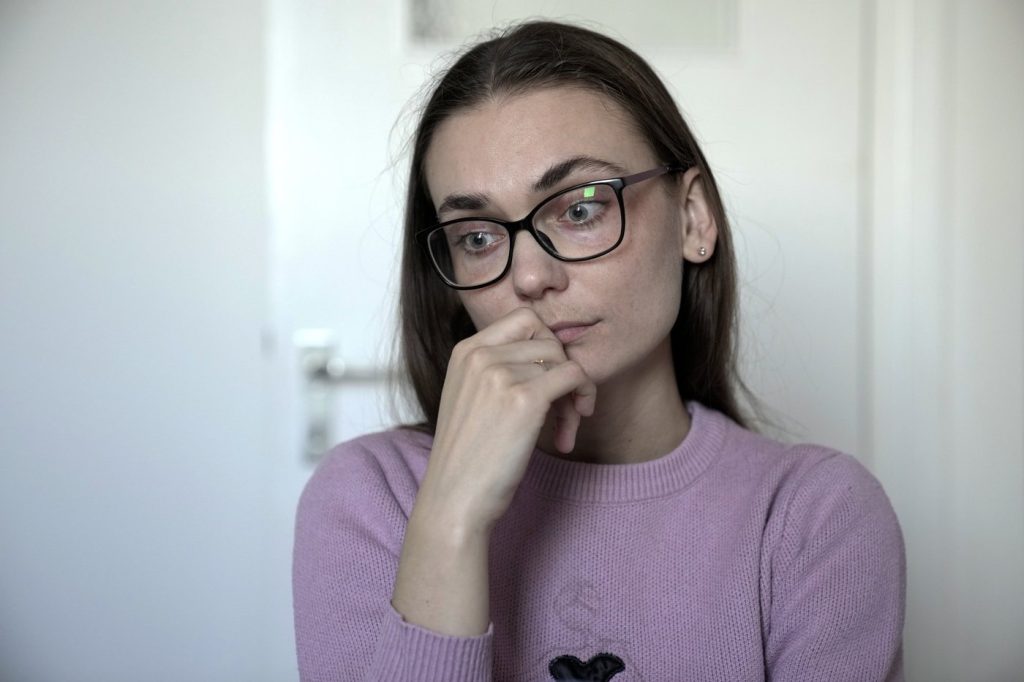In Melitopol, a southern Ukrainian city occupied by Russian forces, Kostiantyn Zinovkin's family faced a horrifying turn of events nearly two years ago. When his mother heard the front door open, she assumed her son had returned to retrieve something. Instead, armed men in balaclavas entered the apartment, claiming Zinovkin was being detained for a minor infraction and would be released shortly. However, this declaration proved false as they rummaged through the apartment, leaving it in disarray.
Weeks after his detention in May 2023, Russian authorities accused Zinovkin of plotting a terrorist attack. His family, characterizing the charges as "absurd," expressed deep concern over the fate of thousands of civilians like him in Russian captivity. Ukrainian President Volodymyr Zelenskyy has highlighted the release of these detainees as crucial to ending the ongoing three-year conflict. Despite this, discussions between U.S. officials and Russian counterparts have yet to prioritize the matter of captives.
Oleksandra Matviichuk, head of the Center for Civil Liberties and a 2022 Nobel Peace Prize laureate, emphasized the need for any peace agreement to prioritize the release of detainees, which also includes Russian individuals jailed for protesting the war and Ukrainian children deported illegally. The Center estimates that over 20,000 Ukrainian civilians are in custody, with Matviichuk’s organization receiving over 4,000 requests for assistance regarding civilian detainees. Notably, it is against international law to detain noncombatants during war.
Oleg Orlov, co-founder of the Russian rights group Memorial, highlighted that while they are aware of at least 1,672 Ukrainian civilians in custody, the actual number could be much higher. Many detainees find themselves held for extended periods without charges and often remain in the dark regarding the reasons for their detentions. An example provided was Mykyta Shkriabin, who was arrested in March 2022 while retrieving supplies for his family. Despite being categorized as a prisoner of war in 2023, Shkriabin was not engaged in combat at the time of his detention.
Others, like Ukrainian civilian Serhii Tsyhipa, have been subjected to fabricated charges. Tsyhipa, a 63-year-old journalist seized while walking his dog in March 2022, was eventually convicted of espionage in a trial that lasted only three hearings. Olena, his wife, believes his arrest stemmed from his protests against the Russian occupation, alongside his community volunteering efforts.
According to Mykhailo Savva of the Expert Council at the Center for Civil Liberties, 307 Ukrainian civilians are currently serving prison sentences in Russia on various charges, primarily espionage and treason, often without any substantial evidence. Russian authorities appear particularly concerned about activists, community leaders, and journalists, viewing them as significant threats.
Family members struggle to obtain information about the harsh conditions in which their loved ones are held. Liusiena Zinovkina, Kostiantyn’s wife, mentioned that she has received letters indicating her husband suffers from vision, dental, and back issues while imprisoned in a cold, cramped cell in Rostov. It is suspected that Kostiantyn was pressured into signing a confession, with indications that he might have admitted to crimes he did not commit to alleviate his suffering.
Moreover, allegations of abuse and torture against detainees are frequent, with Orlov affirming that both Ukrainian civilians and POWs endure severe conditions in captivity. A United Nations Human Rights Council report specified that Russia has committed crimes against humanity through enforced disappearances and systematic torture in occupied Ukraine.
As discussions about a ceasefire unfold, relatives continue to advocate for the release of their loved ones. Liusiena remains hopeful while cautioning that the complexities of negotiating with Russia may prolong their ordeal. Olena, meanwhile, maintains an unwavering belief in her husband’s eventual return, urging for patience amidst the uncertainty of their situations.










